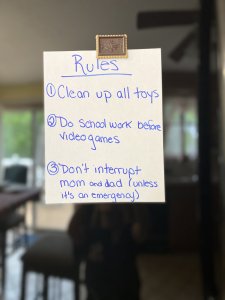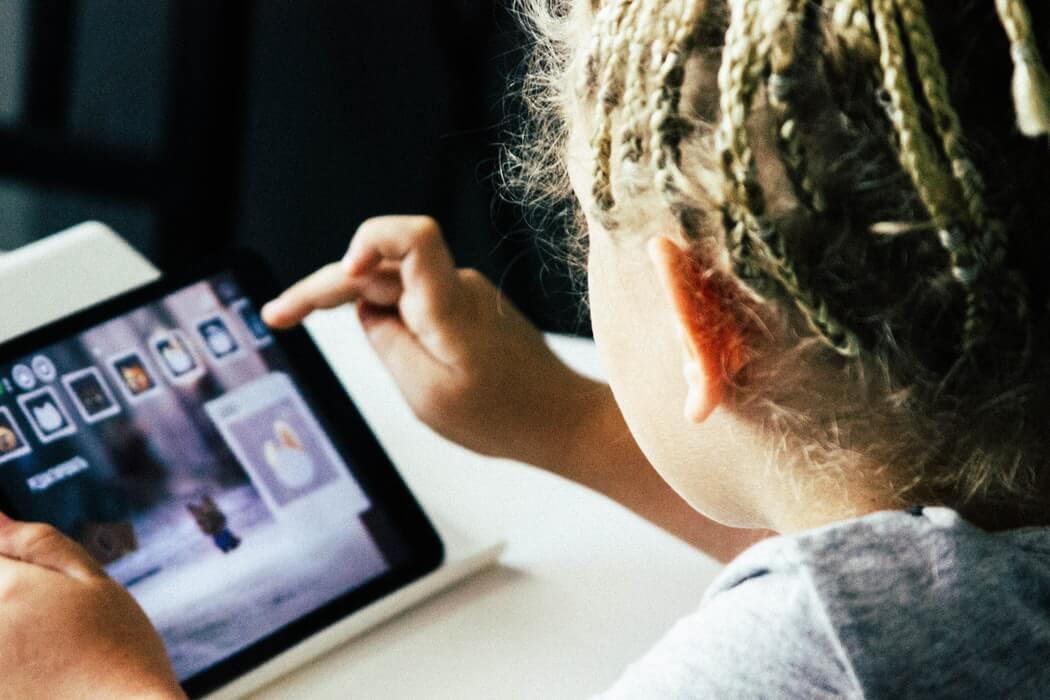The COVID-19 pandemic has changed all of our lives. It’s made life more stressful, unpredictable, and mentally draining. Like many parents, you’re working from home and your kids are learning from home. Having a child with ADHD can be immensely stressful during this time, as they may need extra guidance and redirection. You need to get your work done but frequently find yourself at your wits end with your child. Before you lose your cool, let’s look at five ways you can help your child manage their ADHD at this time:
Ensure a Good Night’s Sleep
Your child should be getting at least 8 hours of sleep per night. While all children should be getting enough sleep, it is particularly important for your child with ADHD. Your child’s symptoms may worsen when they are running on too-little sleep. When children do not get enough sleep, it can put their bodies into overdrive. This might mean they have too much energy, rather than becoming sluggish. Imagine being stuck inside with too much energy to burn and unable to focus? This creates additional challenges in getting your child to concentrate on their assignments from school. It may also take time away from you getting your own work done.
Create a Consistent Daily Routine
Children thrive on routines. With the shift in environments (from school to home), it doesn’t necessarily mean that their schedule has to change. Include your child with creating the schedule. Coming up with specific times for bedtime, learning time, and playtime will be helpful in keeping your child on task. Children with ADHD might find transitions difficult (switching from breakfast time to learning time, for example). Using tools such as timers and prompting the transition between activities can be helpful.
When your child can successfully stay on schedule, celebrate with extra treats. While you’ll want to keep the schedule as consistent as possible, having the ability to be a bit flexible is important. Too much rigidity can be counter productive and produce additional stress in difficult situations.
Set Clear Expectations and Rules

Use Rewards and Consequences
It’s important to recognize when your child is being a superstar, just as much as it is to recognize when they’re really pushing your buttons. Praise your child when they’re displaying positive and helpful behaviors such as following the rules or completing all their homework or chores without arguing. If you’re struggling to find something to praise your child on, compliment their behavior if they’ve accomplished even the smallest of tasks. This could be putting their clothes away after you’ve asked multiple times. You can also consider reinforcing appropriate behaviors with tokens that they can cash in for prizes such as a new Wii game or playdough kit.
If your child does not follow the rules, you will need to check in to get to the root of the issue. Are the tasks too complicated? Is your child feeling a bit anxious? If you’ve discovered that the lack of rule following is not due to a deeper issue, a consequence should be put in place. As mentioned above, your child should already be aware of what consequences they face. Removing favorite toys such as electronics for a few hours is an effective consequence for many children. Be mindful that the consequence is fair for the rule that was broken.
Talk to your Psychiatrist Before Changing Medications
You might be tempted to take your child off their ADHD medication because they don’t have to manage the rigger of school. While this may work for some families, it doesn’t work for others. Just because your child is at home does not mean your child is on vacation. They still have many responsibilities that they need support to focus on and accomplish. Don’t feel guilty if you are considering keeping your child on their medication. In fact, whatever your previous routine was you should probably stick to it. This is an important conversation to have with your child’s psychiatrist or pediatrician, to make sure your child is continuing to receive the proper supports.
Changing routines with the pandemic is tough, but it’s important to do the best you can with what resources you have. If you’re finding it too overwhelming to implement these strategies, reach out to an online therapist.
Help is available! You are not alone.
Interested in ADHD Counseling?
Contact us for a free video consultation.
(908) 242-3634 or Connect Now




One thought on “Managing Your Child’s ADHD During COVID-19”
Comments are closed.